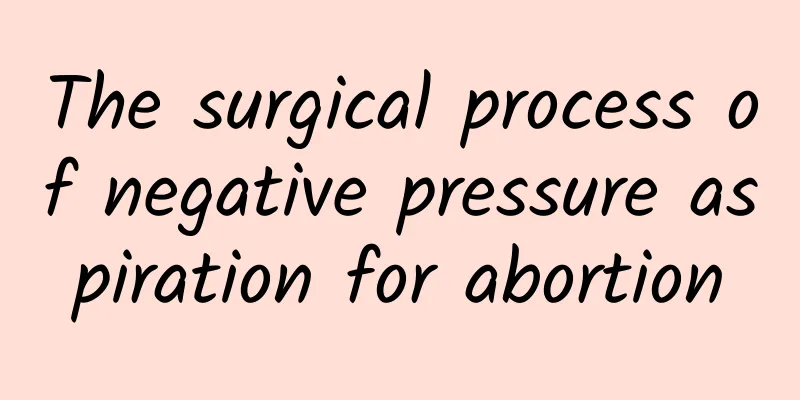What are the main causes of dysmenorrhea?

|
Dysmenorrhea may be caused by diet, cold, cervicitis, polycystic ovary syndrome, uterine fibroids, etc. It is recommended to seek medical attention in time, identify the cause, and receive treatment according to the doctor's instructions. 1. Dietary reasons: Excessive intake of caffeine, salt, fat and sugar in the diet may cause dysmenorrhea. Adjust your diet, reduce the intake of caffeine and salt, increase the intake of vegetables, fruits and whole grains, and maintain a balanced diet. 2. Causes of cold: Cold may cause uterine contraction and cause dysmenorrhea. Keep warm and avoid cold. You can use a hot water bottle or hot compress to relieve pain. 3. Cervicitis: Cervicitis refers to inflammation of the cervix, which may cause dysmenorrhea. You need to cooperate with your doctor to use drugs such as amoxicillin capsules or cefuroxime capsules to achieve anti-inflammatory effects. 4. Polycystic ovary syndrome: Polycystic ovary syndrome is a common endocrine disorder that may cause irregular menstruation and dysmenorrhea. You can use drugs such as compound cyproterone acetate tablets or dydrogesterone tablets for treatment under the guidance of a doctor. 5. Uterine fibroids: Uterine fibroids are a type of muscle tumor in the uterus that may cause menorrhagia and dysmenorrhea. If the muscle is large and the symptoms are obvious, surgery is required to remove the fibroids. During menstruation, you need to rest more, keep your abdomen warm, and avoid eating raw and cold foods, such as ice cream or iced drinks, so as not to aggravate dysmenorrhea. |
<<: Is dysmenorrhea caused by uterine contraction?
>>: What causes chocolate cysts?
Recommend
How to care for patients with threatened abortion in daily life
How should patients with threatened abortion be c...
Does excessive menstrual blood clots indicate uterine fibroids?
Does excessive menstrual blood clots indicate ute...
How to calculate the menstrual cycle and what kind of menstrual cycle is normal
How to calculate menstrual cycle? What kind of me...
What are the symptoms of pregnancy complicated with ovarian cysts and when is the best time for surgery?
Ovarian cysts are a common disease in women of ch...
What causes uterine cysts? Do they need treatment?
The formation of uterine cysts is mostly related ...
What to do if menstruation is delayed?
In order to avoid dealing with delayed menstruati...
Experts explain in detail the main symptoms of cervical hypertrophy
Cervical hypertrophy is a gynecological disease w...
Insomnia, menstrual cramps, headaches...tense body causes trouble! Female Ironman Secretly Passes Down Massage and Stretching Tips to Relax Tight Muscles and Fascia
Office workers often feel body pain, especially h...
Different medications are used for bacterial vaginosis at different stages
Bacterial vaginosis is a common disease among wom...
What are the early symptoms of cervical erosion?
In the early stage of cervical erosion, patients ...
How to cure cervical warts
There are many ways to treat cervical warts, main...
Why do some people have the capital to be obese? Do some people suffer from chronic diseases once they become obese?
Obesity is a common disease of civilization among...
Are your pelvic floor muscles loose and limp? Walking on your hips
You have heard of the word "pelvis", bu...
What is recurrent miscarriage? What doctors say
Many women have a very high chance of miscarriage...
Food poisoning in paradise: Imported oysters blamed
It was recently reported that 24 customers of the...









